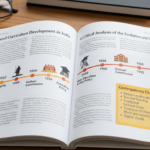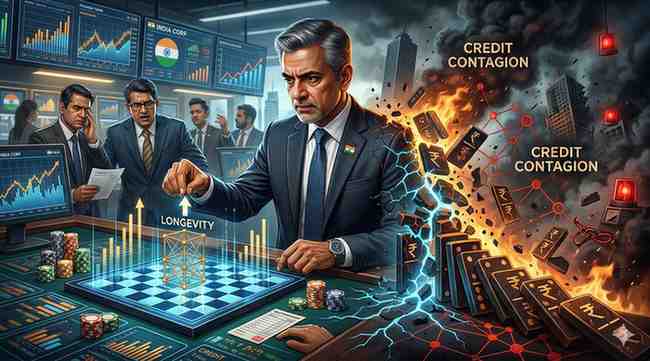
Who Should Lead? A Critical Look at Qualifications Beyond Power
New Delhi, 2025 — Leadership in a democracy extends beyond the mere ability to wield power; it requires wisdom, analytical skills, and a vision for the collective good. As India navigates pressing challenges in governance, technology, and global diplomacy, the question arises: Should those in power possess more than just political acumen? Should they be equipped with the analytical and ethical insights often honed by the study of philosophy?
This inquiry challenges traditional notions of leadership and underscores the need for deeper intellectual qualifications in public life.
The Evolving Nature of Leadership
- Leadership Beyond Authority
- Leadership is not merely about commanding authority but about understanding complex societal dynamics, fostering unity, and making decisions rooted in justice and equity. The ability to analyze multifaceted issues critically is becoming increasingly vital.
- The Role of Analytical Skills
- Leaders with a foundation in analytical thinking are better equipped to address nuanced issues such as environmental policy, data governance, and global diplomacy. The study of philosophy offers tools to dissect such challenges with clarity and precision.
Why Philosophical Training Matters in Leadership
- Ethical Decision-Making
- Philosophy provides a framework for exploring ethical dilemmas, enabling leaders to make choices that balance public welfare with individual rights. For example, debates around privacy versus national security in India’s Digital Personal Data Protection Bill require leaders to understand the moral implications of policy decisions.
- Critical Thinking
- Philosophers are trained to question assumptions and evaluate arguments, a skill that is invaluable in a political landscape often dominated by populist rhetoric. Leaders who embrace critical thinking can navigate misinformation and prioritize facts over ideology.
- Long-Term Vision
- Philosophy encourages contemplation of future consequences, ensuring that policies address not only immediate concerns but also long-term societal goals. Leaders with this perspective are more likely to champion initiatives such as India’s Net-Zero Emissions by 2070 agenda.
The Case for Philosophers in Politics
- Historical Precedents
- Globally, leaders with philosophical inclinations have left indelible marks on governance. Ancient Greece’s Plato envisioned the philosopher-king as the ideal ruler, blending wisdom with the practicalities of leadership. Similarly, Mahatma Gandhi, deeply influenced by philosophical thought, emphasized service and non-violence in his approach to politics.
- Indian Context
- India’s democratic framework has seen leaders like Dr. B.R. Ambedkar, who combined philosophical depth with legal expertise to craft a Constitution that remains a beacon of justice and equality.
- Modern Relevance
- The complexity of issues such as artificial intelligence, climate change, and global inequality demands leaders who can analyze not just the technical aspects but also the ethical dimensions of these challenges.
Challenges and Opportunities
- Barriers to Philosophical Leadership
- The fast-paced nature of electoral politics often prioritizes charisma and populism over intellectual rigor. Candidates with philosophical backgrounds may face skepticism about their practical capabilities.
- Opportunities for Integration
- Expanding civic education and encouraging interdisciplinary learning, including philosophy, in public policy schools can prepare future leaders with the tools needed for ethical and analytical governance.
- Citizen Awareness
- Voters play a crucial role in demanding leaders who value thoughtfulness and long-term planning. Initiatives like MyGov can foster dialogue on the importance of qualifications beyond power.
Philosophy in Action: A Path Forward
- Leadership Training Programs
- Programs modeled on Mission Karmayogi, which focuses on civil servant training, can incorporate philosophical education for policymakers to enhance their analytical and ethical decision-making skills.
- Promoting Think Tanks
- Encouraging think tanks and academic institutions to engage with policymakers can bridge the gap between philosophical inquiry and practical governance.
- Encouraging Diverse Candidacy
- Political parties should actively support candidates with diverse academic backgrounds, including philosophy, to enrich the decision-making landscape.
Conclusion
Leadership in a democracy must transcend the pursuit of power to embody wisdom, critical thinking, and ethical governance. As India faces unprecedented challenges, the integration of philosophical insights into political leadership can provide a roadmap for inclusive and sustainable progress. By valuing leaders who think deeply and act wisely, India can reinforce its democratic ideals and ensure a future where governance is guided by both intellect and integrity.




